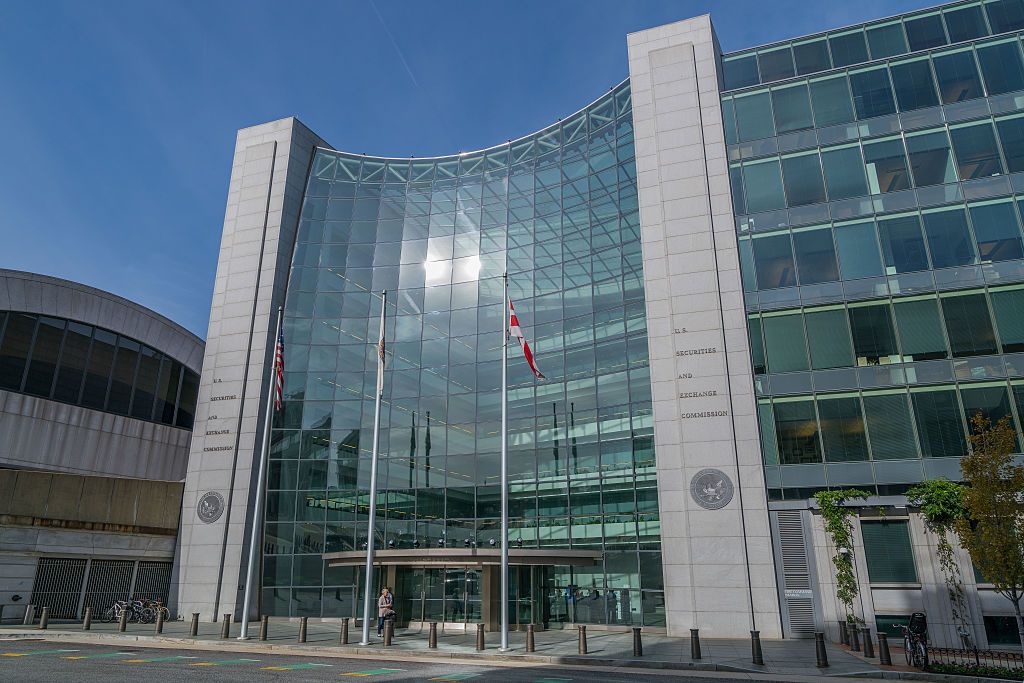
There may be extra to SEC’s current memecoin steering than meets the attention. On Feb. 27, the workers of the SEC’s Division of Company Finance issued steering explaining that memecoins — which the SEC described as digital property “impressed by web memes, characters, present occasions, or tendencies for which the promoter seeks to draw an enthusiastic on-line group” — are usually not bought as securities.
That is according to the SEC’s shift away from efforts below former Chair Gary Gensler to say regulatory energy over nearly all the digital-asset business, and it might have implications for the business that go far past memecoins.
The SEC’s makes an attempt to manage digital property throughout the Biden Administration largely hinged on the Supreme Courtroom’s so-called “Howey check” for figuring out whether or not a transaction entails an “funding contract.” Howey requires an funding of cash in a standard enterprise, with an expectation of income from the efforts of others.
Within the SEC’s enforcement actions in opposition to digital-asset exchanges, the defendants argued that secondary-market resales of digital property lack the mandatory “funding of cash in a standard enterprise” as a result of buyers’ funds should not “pooled” by builders into a standard fund after which used to additional a enterprise through which the buyers share the income. Within the SEC’s case in opposition to Kraken, for instance, the company informed a federal courtroom that “pooling of resale proceeds” by a developer is not “required below Howey.”
The SEC’s new steering confirms the alternative. It says that purchasers of memecoins make no funding in a standard enterprise as a result of their funds “should not pooled collectively to be deployed by promoters or different third events for growing the coin or a associated enterprise.” The steering additionally explains that memecoin purchasers don’t anticipate income derived from the efforts of others, one other Howey requirement. Slightly, the worth of memecoins comes from “speculative buying and selling and the collective sentiment of the market, like a collectible.”
The SEC’s memecoin steering is most clearly consequential for the sale and promotion of memecoins, that are the topic of current non-public class-actions introduced by particular person plaintiffs. Nevertheless it has broader implications for all secondary-market transactions in digital property, together with on exchanges. In secondary-market transactions on exchanges, purchasers’ funds likewise “should not pooled collectively to be deployed by promoters or different third events for growing the coin or a associated enterprise.” Thus, the SEC now appears to acknowledge that below a correct utility of the Howey check, these transactions are past the company’s attain, as defendants have persistently argued within the SEC’s prior enforcement circumstances.
This doctrinal reversal could also be a part of the impetus behind the SEC’s current selections to voluntarily dismiss a number of circumstances involving secondary-market transactions, and to remain additional proceedings in others.
To make certain, the SEC’s new steering contains statements that it “represents the views of [agency] workers,” not essentially the SEC itself, and that the assertion “has no authorized pressure or impact.” The SEC additionally tried to limit the steering to “the supply and sale of meme cash” below the precise circumstances described elsewhere within the launch.
The company might attempt to use these boilerplate recitals to wriggle out of the steering sooner or later sooner or later. However constitutional ideas of due course of and honest discover might constrain the company’s means to impose retroactive legal responsibility based mostly on any future flip-flop. Furthermore, though the SEC’s steering will not be binding on courts, the SEC’s change in place on pooling will make it troublesome for personal plaintiffs to credibly argue that the majority digital property are bought as securities.
The SEC’s steering on memecoins is according to the company’s different current steps to drag again from the regulation-by-enforcement method that plagued the business below former Chair Gary Gensler. And the steering presents welcome readability from the company in an space the place the company’s prior method had considerably muddied the waters. It’s, briefly, a major step in the fitting path for crypto regulation and coverage in the USA.




